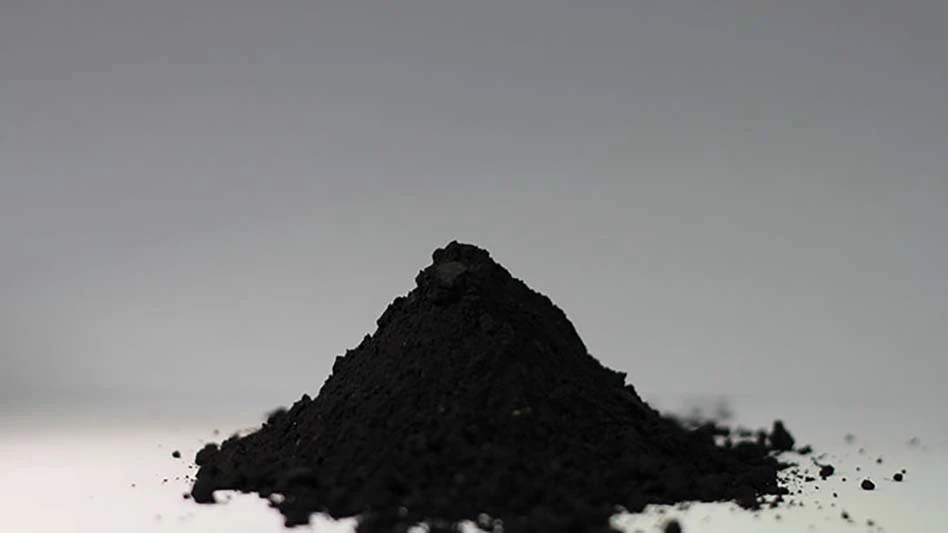
Photo courtesy of Tesla
In its “2020 Impact Report,” which details the company’s environmental, social and governance effects, Tesla says it exists “to accelerate the world’s transition to sustainable energy.”
The Palo Alto, California-based company, which manufactures electric vehicles (EVs) and solar panels, says its customers “helped accelerate the world's transition to sustainable energy by avoiding 5 million metric tons of CO2e emissions.”
To maximize its impact, the company writes that it plans “to continue increasing our production volumes and the accessibility of our products.” That means, according to Tesla, selling 20 million EVs annually by 2030. In 2020, the company says it sold 500,000 EVs. Tesla also plans to deploy 1,200 gigawatts of energy storage annually by 2030 versus the 3 gigawatts it deployed in 2020.
The company says it is driven by sustainability and is working to address climate change throughout the energy and transportation ecosystem.
When it comes to the batteries that power Tesla’s EVs, the company says an important distinction is that fossil fuels used to power internal combustion vehicles are used once, while the raw materials used in lithium-ion batteries are recyclable.
“Battery pack life extension is the is the superior option to recycling for both environmental and business reasons,” Tesla states. “This is why before decommissioning and recycling a consumer battery pack, Tesla does everything it can to extend the useful life of each battery pack, including sending out over-the-air updates to Tesla vehicles to improve battery efficiency when our engineers find new ways to do so. In addition, any battery that is no longer meeting a customer’s needs can be serviced at a Tesla service center.”
Tesla says the battery packs in its EVs and its energy storage products are designed to last many years, therefore few have been returned from the field. The preconsumer batteries the company generates through R&D quality control are recycled, according to Tesla. “Furthermore, Tesla has an established internal ecosystem to remanufacture batteries coming from the field to our service centers. We actively implement circular economy principles and consider all other options before opting for battery recycling.”
In addition to working with third-party recyclers, the company says it has installed the first phase of its battery cell recycling facility at its Nevada site to process battery manufacturing scrap and end-of-life batteries in-house. The company says on-site recycling brings it a step closer to closing the loop on materials generation and that all Tesla battery factories will have on-site recycling that is tailored to the location and that allows the company to reuse up to 92 percent of the raw metals.
Get curated news on YOUR industry.
Enter your email to receive our newsletters.
Latest from Recycling Today
- Reworld partners with Mystic Aquarium
- BIR calls for fair standards, circular solutions in defining ‘green steel’
- LME reports active Q2
- Liberty Steel assets facing financing deadlines
- Sims is part of Australian recycling loop
- Tariffs target steel exporters Brazil, Canada and South Korea
- Buy Scrap Software to showcase its software at Scrap Expo in September
- LG details recycling activities





